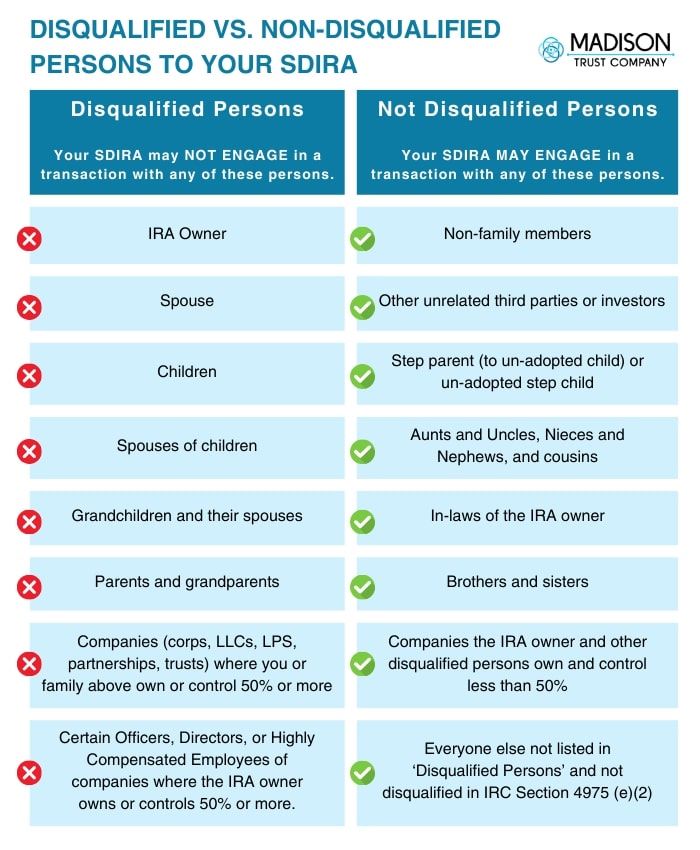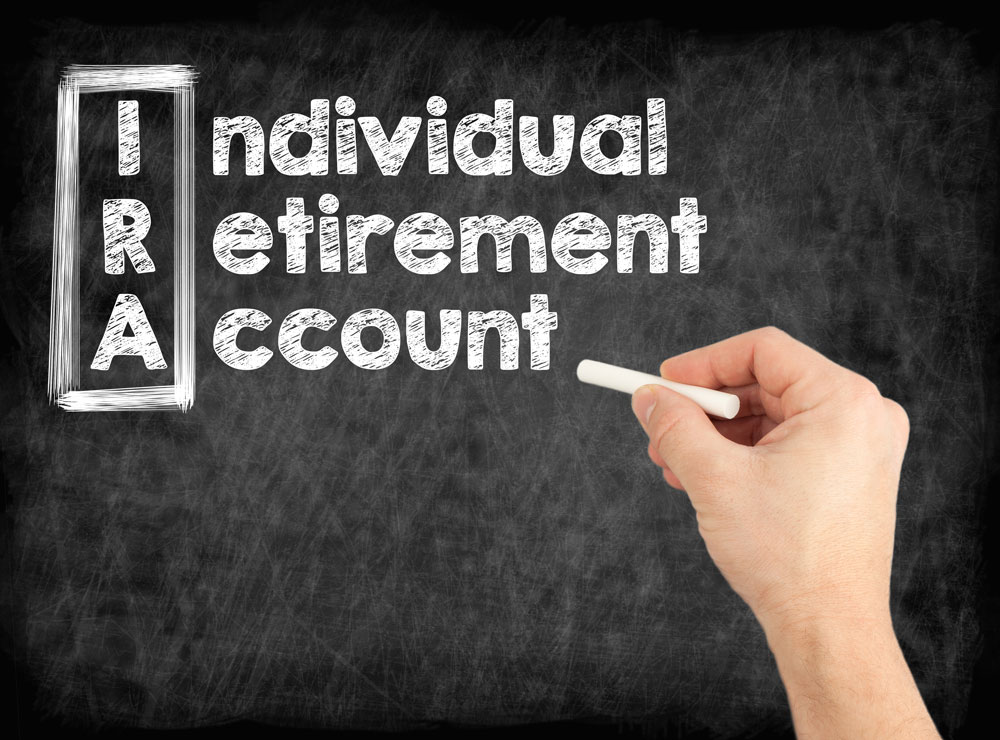Navigating the SDIRA Regulatory Landscape
Written By: Daniel Gleich
Key Points
- An SDIRA can allow you to save for retirement by investing in alternative assets, like real estate, precious metals, and private placements.
- If you open an SDIRA, it’s important to understand the rules and regulations that govern it.
- Becoming familiar with rules such as disqualified people and prohibited transactions can help you understand how to use your SDIRA properly.

A Self-Directed IRA (SDIRA) is a type of Individual Retirement Account that gives you the freedom to invest beyond Wall Street. It allows you to grow your retirement savings through alternative assets, such as real estate, precious metals, private placements, and more. You may choose the types of assets you’re familiar with or simply passionate about.
While an SDIRA can set you up for a fulfilling retirement, it does come with rules and regulations you should understand. Below, we’ll dive deeper into the SDIRA regulatory landscape so you can make the most of your account and avoid missteps.
Who Can Invest with a Self-Directed IRA?

Fortunately, this powerful retirement tool is available to anyone who earns active income. No matter your income, employment situation, or stage of life, an SDIRA is an option. It’s particularly worthwhile if you’re highly knowledgeable about specific types of alternative assets and want to invest in them to save for retirement.
What are Disqualified People & Prohibited Transactions?
When it comes to SDIRAs, the IRS prohibits certain transactions to prevent self-dealing and conflicts of interest. To ensure you and your SDIRA (and hard-earned money) are in compliance with IRS regulations, it’s important to become familiar with two concepts: disqualified people and prohibited transactions.
Disqualified Persons
A disqualified person is an individual or entity who is prohibited from engaging in certain transactions with the IRA, as defined by the IRS. Disqualified persons, as engaging in a prohibited transaction can result in a Self-Directed IRA potentially losing its tax-advantaged status, as well as hefty tax penalties.
A disqualified person to your IRA typically includes the IRA owner, the IRA owner's spouse, parents, children, spouses of children, and companies of which the IRA owner or other disqualified persons own or control 50% or more. Here are several examples of disqualified persons:
- The IRA Owner: The individual who established the IRA, as well as their spouse and any lineal descendants, which may be children and grandchildren.
- Fiduciaries: Any individual or entities that provide investment advice or have discretionary control over the IRA, such as trustees, custodians, and financial advisors.
- Business Partners: Any business partners of the IRA owner or their spouse, including partnerships in which the IRA owner has an ownership interest.
- Closely-Held Corporations or LLCs: Any corporation or limited liability company (LLC) in which the IRA owner holds a 50% or greater ownership interest.
Service Providers: Any individual or entities who provide services to the IRA, such as legal or accounting services, as well as any entities in which they hold a 50% or greater ownership interest.

Prohibited Transactions
Put simply, a prohibited transaction is a type of transaction that occurs between an IRA and a disqualified person. They do not limit what a person can invest in but rather who an IRA can transact with. As a general rule of thumb, an IRA may transact with third parties but may not transact with close family members or closely held entities. Here are the three main categories of prohibited transactions:

- Per Se Prohibited Transactions: Per se prohibited transactions occur when an IRA transacts with a disqualified person. According to the IRS, a transaction is a sale, lease, lending of money or extension of credit, or the furnishing of goods and services.
- Extension of Credit Prohibited Transactions: Extension of credit prohibited transactions refer to any transaction in which an IRA owner borrows money from their IRA or uses their IRA as collateral for a loan. Any attempt to use an IRA as a personal bank account can result in significant tax penalties and potentially disqualify the IRA from tax-exempt status.
- Self-Dealing Prohibited Transactions: Self-dealing prohibited transactions take place when a disqualified person receives a personal benefit from their IRA investments. A Self-dealing prohibited transaction is commonly referred to as a “conflict of interest” prohibited transaction.
Start Your Self-Directed IRA Journey Today
For more information about the rules and regulations of a Self-Directed IRA, schedule a discovery call with Madison Trust. We look forward to hearing from you!










